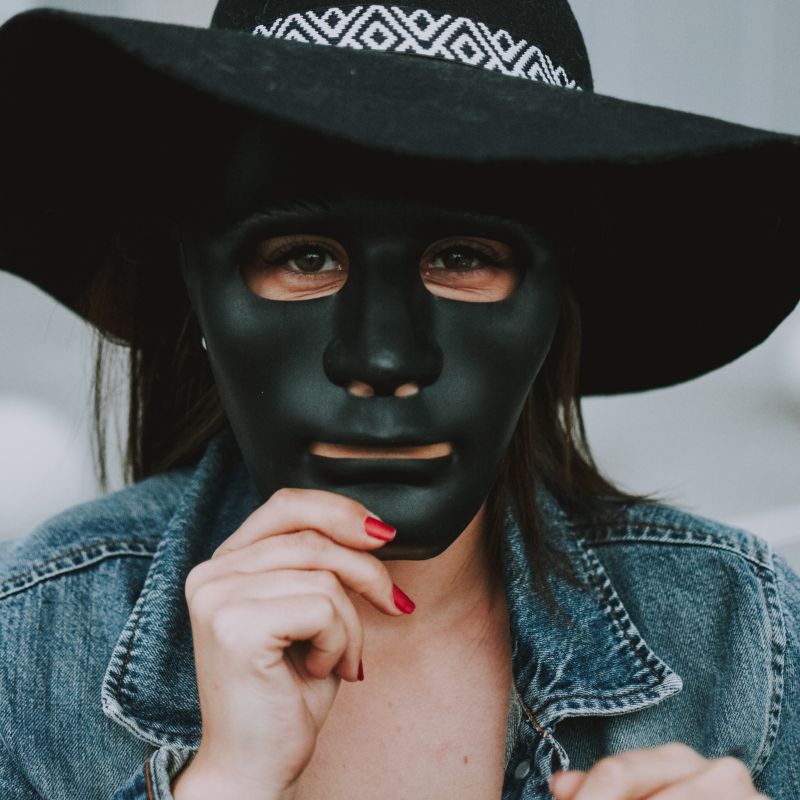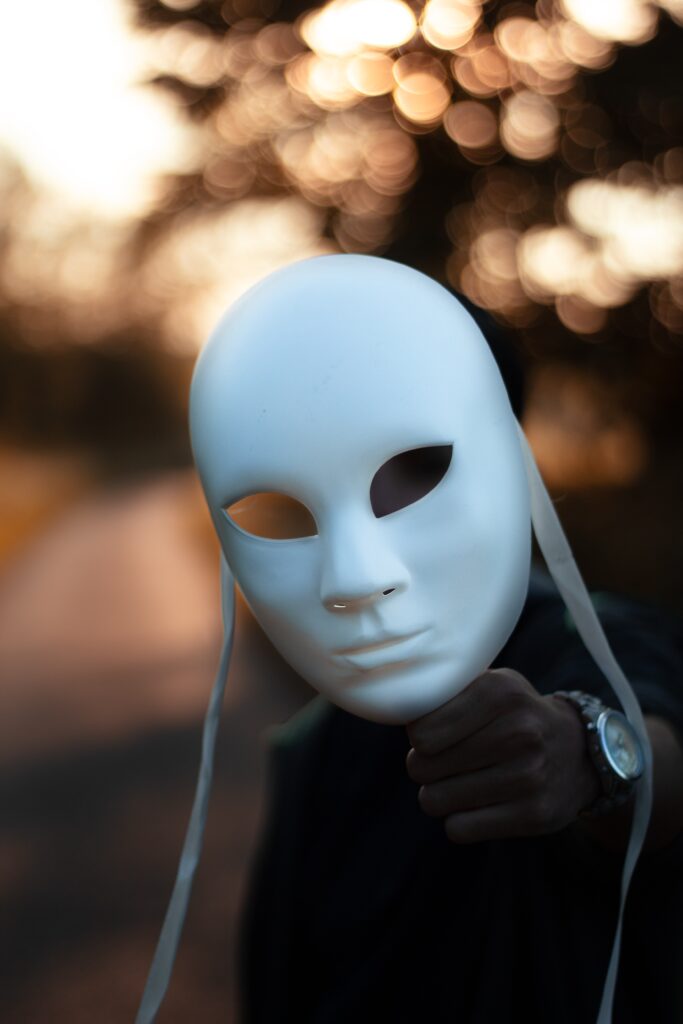Seeing Beyond Your Personal Story
We all have stories about ourselves, and many of us have one particular story that seems to explain to us who we are, and how we got to be that way. Stories are the way humans make sense of life, so it follows that we would create stories about our own journeys through life.

Let’s focus on the story you have about yourself that feels most true to you; the one that attempts to explain who you are, and how you came to be that way. It’s likely that this particular story feels so completely true to you, you may not even consider it a story, but “just the way things are.”
Your story is likely to have limitations built into it, as in, “I can’t do X because of what happened to me when I was young.” It’s very common for us to harbor some variation of that thought, which suggests, “Something happened to me that closed off a possibility or possibilities to me. I’m the way I am because of what happened to me.”
I know from experience how real that particular story can feel. I also know how strongly we can identify with this sort of story, and how our thoughts can convince us the story is true.
But your identity and my identity have this in common: they’re too big to be contained in a story, however compelling or convincing that story happens to be.
Each of our identities is a collection of thoughts and beliefs. That doesn’t sound so bad until you remember that they serve the same master: the ego.

Unfortunately for us, the voice of the ego is much louder and more insistent than the voices of reason, or logic, or the intuitive voice each of us was born with.
You can think of the ego as the nosiest sibling, the one whose voice drowns out those of the other siblings. This is the sibling who demands constant attention, to the detriment of the others. So we tend to listen to it, to give it more attention than it deserves, and to act on its behalf.
When our ego is the voice we pay the most attention to, we give it a power and sense of reality it doesn’t deserve. And here’s the kicker: the ego’s job is to keep us from seeing who we really are, underneath all our ideas about ourselves.
It’s impossible for us to know who we really are if we’re looking through the lens of our ego. But long before your identity established itself, you were every bit as much “you” as you are now. You were you without the story.
One of the reasons we find very young children so utterly captivating is that they don’t yet have a personal story, a personal psychology. They are pure aliveness, and we respond to that.
Without a personal story, without personal psychology, we have no limitations. That’s what we respond to in children; it’s that unadulterated aliveness.

The aliveness that we possessed as young children, before our ideas about ourselves were formed is still with each of us. Though it can’t be destroyed, it can easily be drowned out, or displaced to the point where that aliveness seems to have been damaged or diminished.
This is the lie behind the personal story that attempts to contain or explain why we’re the way we are: it doesn’t give us any true information about who we really are. All it can offer is an idea of who we are. That idea is built on a series of misconceptions and imagined limitations. Who you really are has absolutely nothing to do with what may have happened to you, or what you’ve experienced. Who each of us really is is without limitation.
Would you rather define yourself based on your limitations, or based on the thing that’s most real about you; your limitless potential?
If you liked this blog, please check out my other articles.




